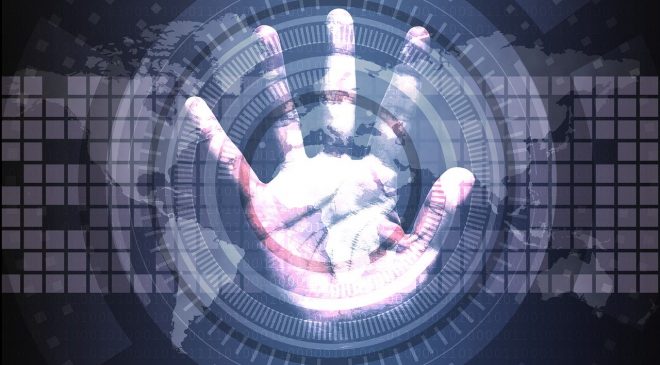
Hires Singapore-based CISO for Digital Ventures.
Media outlets have reported that Standard Chartered has hired Jerome Walter as its Singapore-based chief information security officer (CISO) for digital ventures.
According to various reports Walter unit, SC Ventures, provides a platform for the bank to promote innovation, invest in disruptive financial technology and explore alternative business models.
In the past four months, Standard Charter (SC) appointed David McLinton as global head of operations, information and cyber security, he was previously Asia Pacific head of cyber security at Singtel.
Walter confirmed on his LinkedIn page that he started in his CISO, Digital Ventures position at Standard Charter in February 2021.
Previously Walter director of security modernisation at VMWare. He has also worked field CISO APJ at Pivotal Software, director security architecture and deliver at Prudential Corporation Asia and as chief security officer APAC at Natixis.
Walter states that he is an “advocate of security and resilience as an outcome”.
“A forward looking and innovative security executive, I have strong hands-on experience in designing and rolling out security programs, from financing and governance to solutions engineering and change management,” he states. “Driven by a deep passion for continuous improvement and challenging the status quo, I believe in cultivating a balanced culture of business-driven security through operational effectiveness. I am also known for my deep technical knowledge and practical operational sense.”
Standard Chartered hasn’t released any other information about the hire but has retweeted an article by a financial publication.
However cyber security has become a focal point for the financial institution. In a blog Yuval Illuz, group CISO & COO, trust, data, and resilience at Standard Chartered, wrote that the shift to remote working has increased vulnerabilities in cyber space.
“We now communicate and collaborate online more than ever, and we are ensuring that these communication tools meet stringent security standards,” stated Illuz. “Cyber security continues to play a significant and important role in our lives, especially as attackers are trying to take advantage on home and public networks in a bid to infect devices, be it company-issued or personal.
The increased use of non-Bank approved collaboration tools and potential data breaches arising from remote working can put us at risk.”
Scammers are also trying to capitalise on the COVID-19 situation to defraud others — Google blocks up to 18 million coronavirus-related hoax emails daily. Meanwhile, the FBI has warned organisations about the rise of business email compromise (BEC) scams, which typically involve attackers using social engineering tactics to trick unsuspecting individuals into making wire transfers.
Cybercriminals also use the COVID-19 pandemic to attack through themed phishing and malware emails.
From January to April 2020, SC’s Cyber Defence Centre noted cyber security incidents increased by 31.6 per cent with phishing incidents within the Bank accounting for 77.6 per cent, with 30 confirmed COVID-19 linked phishing emails.
“At Standard Chartered, we enhanced our security monitoring and analysis dashboard to detect events that are COVID-19-themed and are trying to block them out before they reach our colleagues. Beyond that, our people are our first line of defence,” wrote Illuz. “We have ramped up cyber security awareness, training and communications to help colleagues stay vigilant, and to date have reached out to over 56,000 colleagues through our Information & Cyber Security (ICS) Awareness Champions and will continue to expand our reach to cover all our colleagues across the Bank.”
Since different types of fraud bear their own unique hallmarks, staff are trained to recognise and guard against red flags — and help clients protect their businesses.
“As the situation continues to evolve, we are also sending out regular bulletins to ensure our staff are aware of the latest cyber and financial fraud threats we all face,” noted Illuz. “In addition, we conduct virtual training and provide educational tools and resources to help gain a deeper understanding of cyber-related topics.”
To keep pace with the changing face of cybercrime, SC continues to leverage new technology and tools such as machine learning to enable better screening of suspicious activity.
“We actively work with partners in the private and public sectors, including the Cyber Defence Alliance and National Cyber-Forensics and Training Alliance COVID-19 working groups to exchange intelligence and understand the latest coronavirus-related cyber threats,” wrote Illuz.




